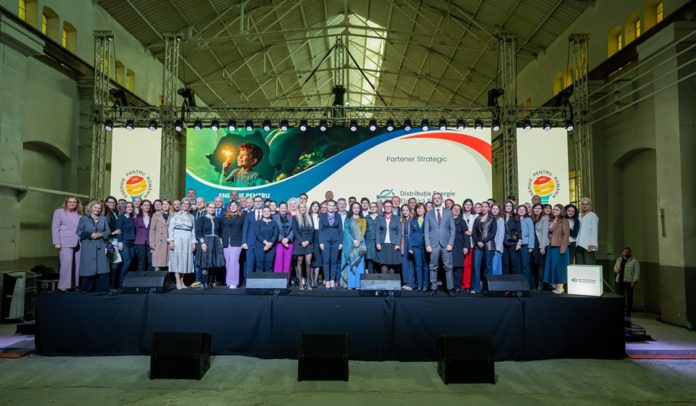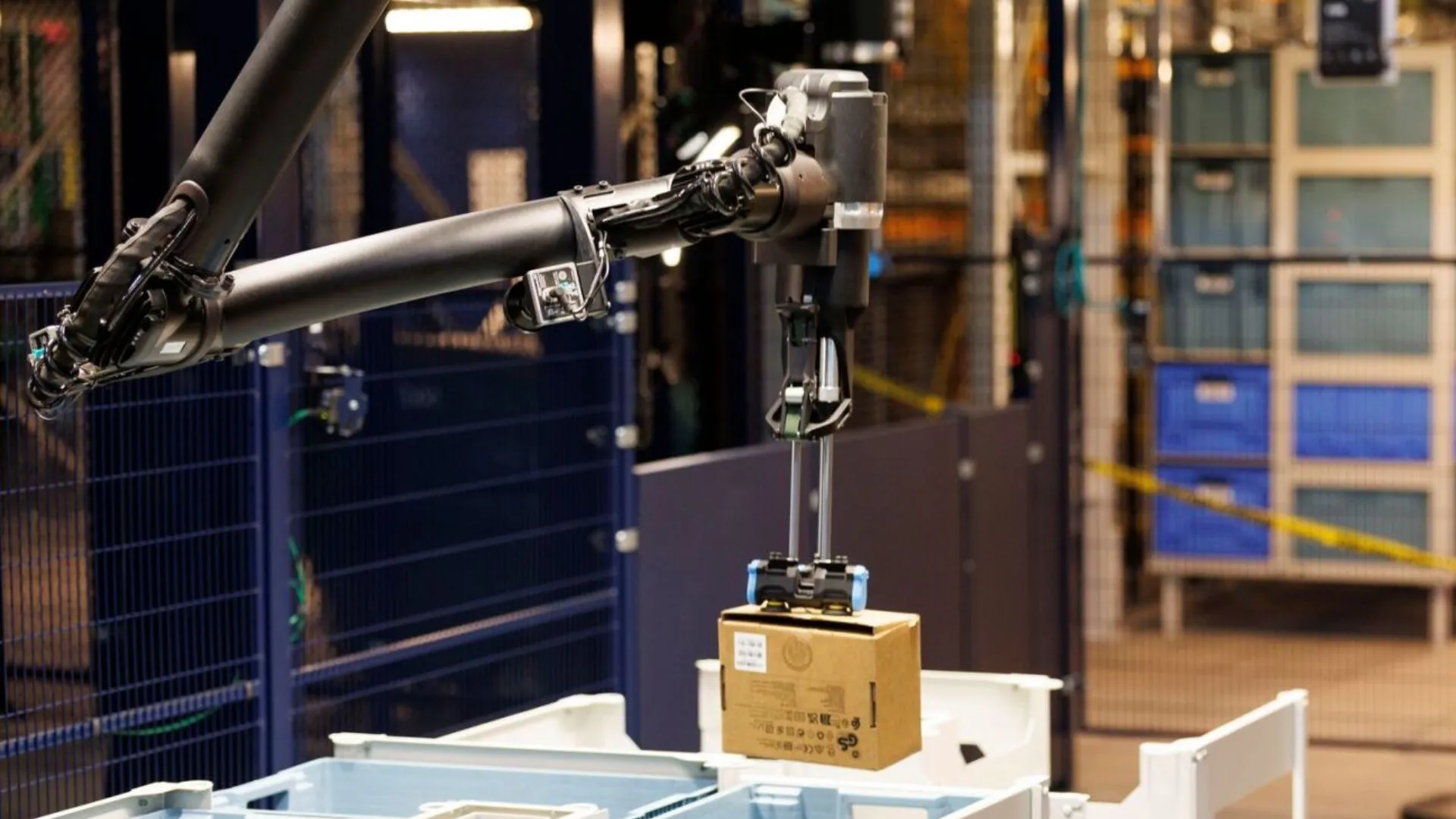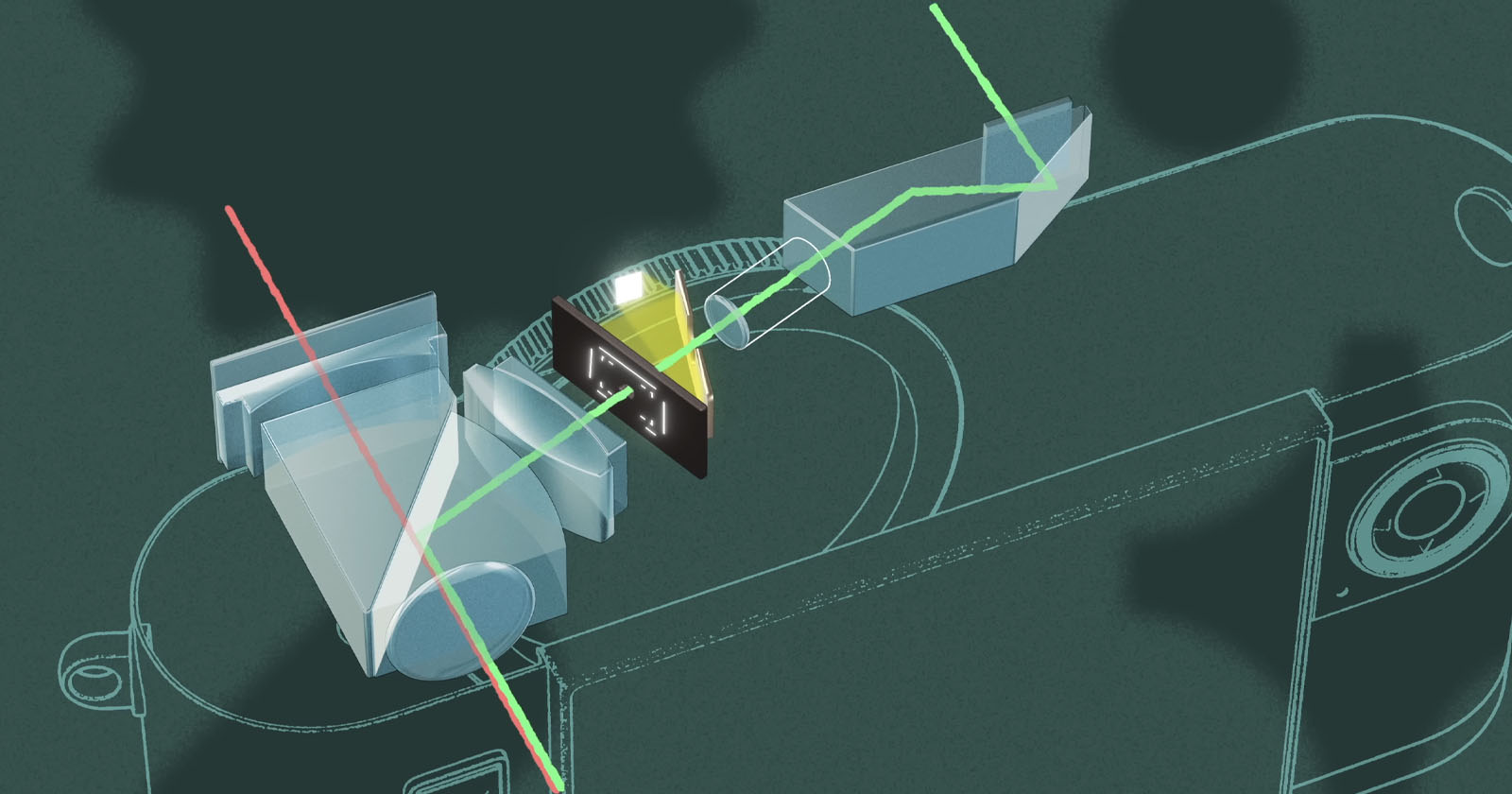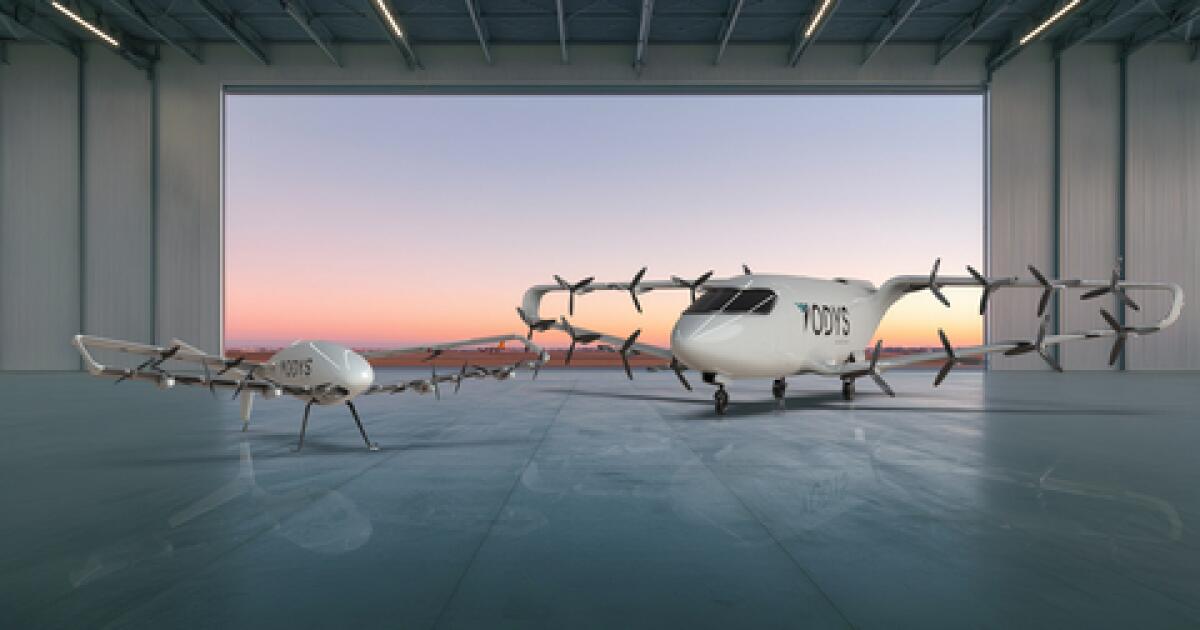Copyright thediplomat

The first edition of the “Energy for Romania” event, organized by Electrica Group and the Electrica Foundation, took place at Hala Filaret, the site of Bucharest’s first power plant. The event brought together more than 150 participants — representatives of public authorities, leaders in the energy and capital markets, academia, and non-governmental organizations — for an open dialogue on how energy, education, and social responsibility can converge to build a sustainable future for Romania. Alexandru Chiriță, CEO of Electrica Group, stated: “In 2022, when I joined Electrica Group, the share price was 6 lei. Together with my colleagues, we dreamed of what seemed impossible and today, with the share price at 23 lei, I can say that dream has become reality. Many ask me what I did to make this happen. The truth is that I did nothing alone — I simply gave people the freedom to be professionals and to build, day by day, the company we all want. But perhaps most importantly, we are successfully combining investments and economic performance with social and educational projects that give purpose to our development.” In his opening remarks, Mihai Diaconu, Chairman of Electrica’s Board of Directors, emphasized the connection between economic performance and social responsibility: “In 2025, there are still thousands of households in Romania without access to electricity. The energy infrastructure we manage is essential to community development, and our success cannot be measured only by financial indicators, but also by the real impact we have on people.” Radu Burnete, Presidential Adviser, highlighted Romania’s strategic role: “Romania can be a regional leader in energy, but to achieve this we need rapid investments in production, networks, and the market. We need competitive energy prices and a market open to private capital to support the energy transition.” The message was reinforced by Bogdan Ivan, Minister of Energy: “The energy system is not only about electricity or gas — it is about Romania’s economy and about becoming an economic champion. We must ensure that Romania is no longer dependent on energy imports but becomes a net exporter, with final prices for households and companies below the EU average.” Alexandru Petrescu, President of the Financial Supervisory Authority (ASF), brought a capital market perspective: “When we talk about energy, we talk about a whole architecture of trust. Energy means technology, but also the ability to build confidence. These elements form the infrastructure through which a state delivers stability and protection for consumers, whether investors or end-users. Trust remains essential to advancing with confidence.” Supporting this view, Remus Vulpescu, CEO of the Bucharest Stock Exchange (BVB), underlined the role of the capital market in the green transition: “In July, Electrica listed on the Bucharest Stock Exchange the largest corporate, non-financial green bond issue in Romania — €500 million fully dedicated to investments in renewable energy and storage capacities. This transaction is not just a numeric record, but proof that Romania’s capital market is ready to provide sophisticated financing instruments for the energy transition.” From the academic field, Mihnea Costoiu, Rector of the Politehnica University of Bucharest, pointed to the shortage of skilled human resources: “The 2024–2025 university year ended with 3,800 engineering graduates from Politehnica, while the market offered 39,000 job opportunities. This huge gap shows Romania is facing a major engineering shortage and urgently needs well-trained specialists.”



